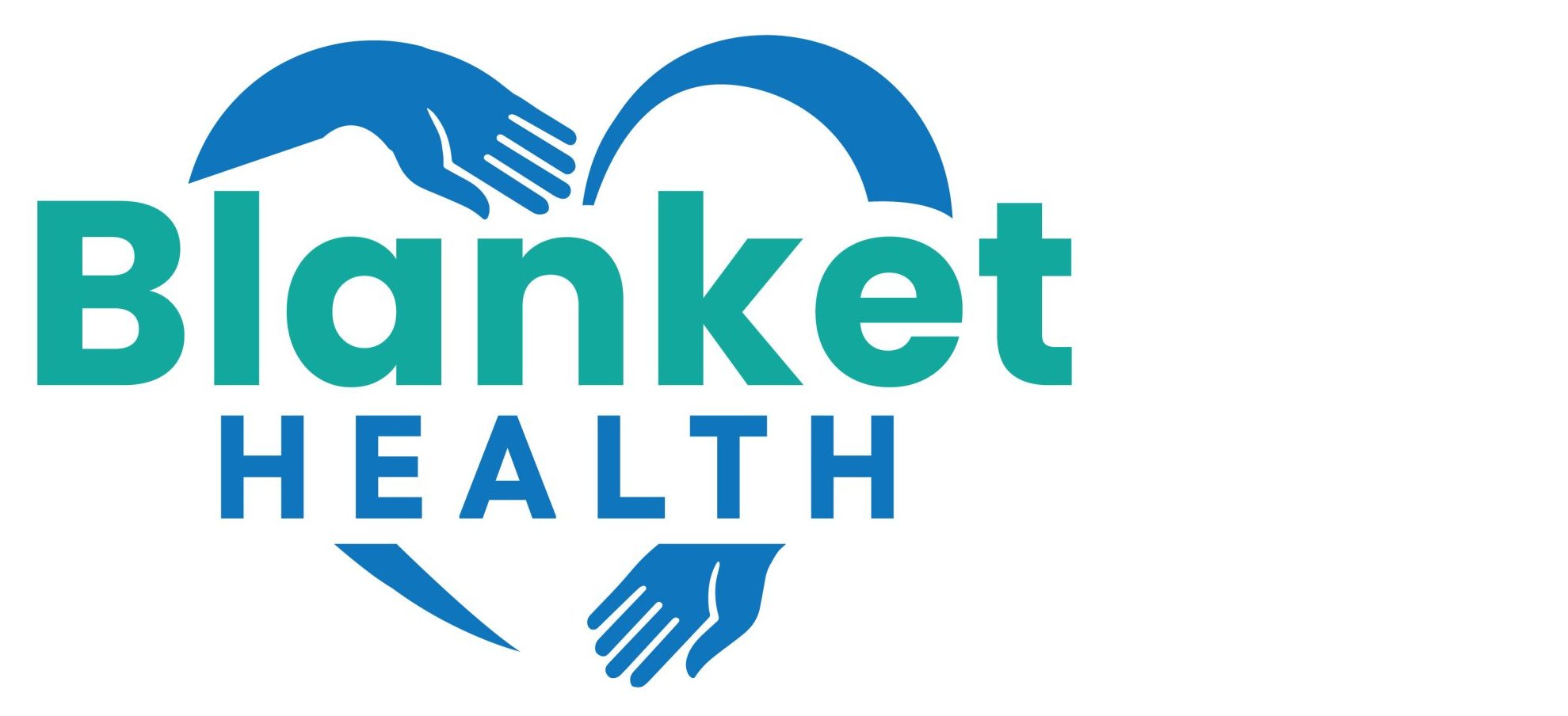 Colon cancer, also known as colorectal cancer, is a widespread and potentially life-threatening disease that affects the large intestine (colon) and rectum. Recognizing the symptoms of colon cancer is crucial for early detection, as early intervention significantly improves treatment outcomes. While colon cancer often develops without noticeable symptoms in its early stages, it’s essential to be aware of potential signs and risk factors to ensure timely medical attention. In this article, we will explore the key symptoms of colon cancer and discuss when to seek medical evaluation.
Colon cancer, also known as colorectal cancer, is a widespread and potentially life-threatening disease that affects the large intestine (colon) and rectum. Recognizing the symptoms of colon cancer is crucial for early detection, as early intervention significantly improves treatment outcomes. While colon cancer often develops without noticeable symptoms in its early stages, it’s essential to be aware of potential signs and risk factors to ensure timely medical attention. In this article, we will explore the key symptoms of colon cancer and discuss when to seek medical evaluation.
Common Symptoms of Colon Cancer
Colon cancer symptoms can vary depending on the stage and location of the tumor. Some people with early-stage colon cancer may not experience any symptoms at all. However, as the cancer progresses, the following signs and symptoms may become apparent:
Changes in Bowel Habits: Persistent changes in bowel habits are often an early indicator of colon cancer. These changes may include diarrhea, constipation, or a feeling of incomplete bowel movements. If you notice a consistent alteration in your bowel habits that lasts for several weeks, consult a healthcare professional.
Blood in Stool: One of the most recognizable symptoms of colon cancer is blood in the stool. This blood may be visible as bright red or dark-colored stool, or it may be present in the form of blood streaks. However, it’s important to note that blood in the stool can also be caused by various other conditions, such as hemorrhoids or gastrointestinal bleeding. If you observe blood in your stool, it’s essential to seek medical attention promptly.
Abdominal Discomfort: People with colon cancer may experience persistent abdominal discomfort, such as cramping, pain, or bloating. This discomfort is often described as a vague, continuous sensation in the abdominal area.
Unexplained Weight Loss: Unintentional weight loss without any significant changes in diet or physical activity can be a concerning sign. In colon cancer, weight loss often occurs when the cancer has advanced and is affecting the body’s ability to absorb nutrients.
Fatigue: Chronic fatigue that doesn’t improve with rest can be associated with advanced colon cancer. Cancer-related fatigue is typically more severe than everyday tiredness and may interfere with daily activities.
Iron Deficiency Anemia: Colon cancer can lead to chronic bleeding, which can result in iron deficiency anemia. Symptoms of anemia may include weakness, fatigue, and pale skin.
Nausea and Vomiting: As colon cancer progresses, it can obstruct the colon, leading to symptoms like nausea and vomiting.
Change in Stool Size: A noticeable change in the size of stool, particularly if it becomes narrower than usual (pencil-thin stools), may be a sign of a blockage caused by a tumor.
When to Seek Medical Evaluation
It’s essential to consult a healthcare professional if you experience any persistent or unusual symptoms that could be indicative of colon cancer. While these symptoms may also be caused by less serious conditions, it’s better to err on the side of caution and rule out colon cancer through proper evaluation. Here are some key points to keep in mind:
Age and Risk Factors: If you are over the age of 50 or have risk factors for colon cancer (such as a family history of the disease or certain genetic conditions), you should be particularly vigilant about monitoring for symptoms and discussing screening options with your healthcare provider.
Persistent Symptoms: If you experience any of the symptoms mentioned above for more than a few weeks, seek medical attention promptly. Early detection of colon cancer greatly improves treatment outcomes.
Routine Screening: Even if you do not have symptoms, routine colon cancer screening is recommended for individuals of average risk starting at age 50. Screening methods such as colonoscopy can detect and remove precancerous polyps, preventing the development of cancer.
 Colon cancer is a serious disease, but early detection and treatment can significantly improve outcomes. Knowing the symptoms of colon cancer and being proactive about seeking medical evaluation can be lifesaving. Remember that many of these symptoms are not exclusive to colon cancer and can result from various other conditions. However, if you have concerns or experience persistent changes in your bowel habits, unexplained weight loss, blood in your stool, or any of the mentioned symptoms, consult a healthcare professional for a thorough evaluation. Your health and well-being depend on it.
Colon cancer is a serious disease, but early detection and treatment can significantly improve outcomes. Knowing the symptoms of colon cancer and being proactive about seeking medical evaluation can be lifesaving. Remember that many of these symptoms are not exclusive to colon cancer and can result from various other conditions. However, if you have concerns or experience persistent changes in your bowel habits, unexplained weight loss, blood in your stool, or any of the mentioned symptoms, consult a healthcare professional for a thorough evaluation. Your health and well-being depend on it.
Support groups for colon cancer play a vital role in providing emotional, psychological, and practical assistance to individuals and their families facing this challenging disease. These groups offer a safe and empathetic space for patients to share their experiences, fears, and triumphs with others who can relate to their journey. Joining a support group can help individuals cope with the emotional toll of a colon cancer diagnosis, alleviate feelings of isolation, and provide a platform to learn from the experiences of fellow members. Additionally, these groups often offer valuable information on treatment options, managing side effects, and navigating the healthcare system. By fostering a sense of community and understanding, support groups for colon cancer empower individuals to feel more in control of their situation and better equipped to face the challenges that lie ahead. They serve as a reminder that no one has to face colon cancer alone, and that together, there is strength, hope, and resilience in the face of this disease.



 Colon cancer is highly treatable when detected at an early stage. However, once it advances and spreads to other parts of the body, treatment becomes more complex, and the chances of survival decrease significantly. This is where colon cancer screening plays a pivotal role. Screening is the process of checking for the presence of cancer or precancerous growths in individuals who do not show symptoms. The primary goals of colon cancer screening are early detection and prevention. Here are some key reasons why screening is essential:
Colon cancer is highly treatable when detected at an early stage. However, once it advances and spreads to other parts of the body, treatment becomes more complex, and the chances of survival decrease significantly. This is where colon cancer screening plays a pivotal role. Screening is the process of checking for the presence of cancer or precancerous growths in individuals who do not show symptoms. The primary goals of colon cancer screening are early detection and prevention. Here are some key reasons why screening is essential: Colon cancer, also known as colorectal cancer, is a widespread and potentially life-threatening disease that affects the large intestine (colon) and rectum. Recognizing the symptoms of colon cancer is crucial for early detection, as early intervention significantly improves treatment outcomes. While colon cancer often develops without noticeable symptoms in its early stages, it’s essential to be aware of potential signs and risk factors to ensure timely medical attention. In this article, we will explore the key symptoms of colon cancer and discuss when to seek medical evaluation.
Colon cancer, also known as colorectal cancer, is a widespread and potentially life-threatening disease that affects the large intestine (colon) and rectum. Recognizing the symptoms of colon cancer is crucial for early detection, as early intervention significantly improves treatment outcomes. While colon cancer often develops without noticeable symptoms in its early stages, it’s essential to be aware of potential signs and risk factors to ensure timely medical attention. In this article, we will explore the key symptoms of colon cancer and discuss when to seek medical evaluation. Colon cancer is a serious disease, but early detection and treatment can significantly improve outcomes. Knowing the symptoms of colon cancer and being proactive about seeking medical evaluation can be lifesaving. Remember that many of these symptoms are not exclusive to colon cancer and can result from various other conditions. However, if you have concerns or experience persistent changes in your bowel habits, unexplained weight loss, blood in your stool, or any of the mentioned symptoms, consult a healthcare professional for a thorough evaluation. Your health and well-being depend on it.
Colon cancer is a serious disease, but early detection and treatment can significantly improve outcomes. Knowing the symptoms of colon cancer and being proactive about seeking medical evaluation can be lifesaving. Remember that many of these symptoms are not exclusive to colon cancer and can result from various other conditions. However, if you have concerns or experience persistent changes in your bowel habits, unexplained weight loss, blood in your stool, or any of the mentioned symptoms, consult a healthcare professional for a thorough evaluation. Your health and well-being depend on it.
